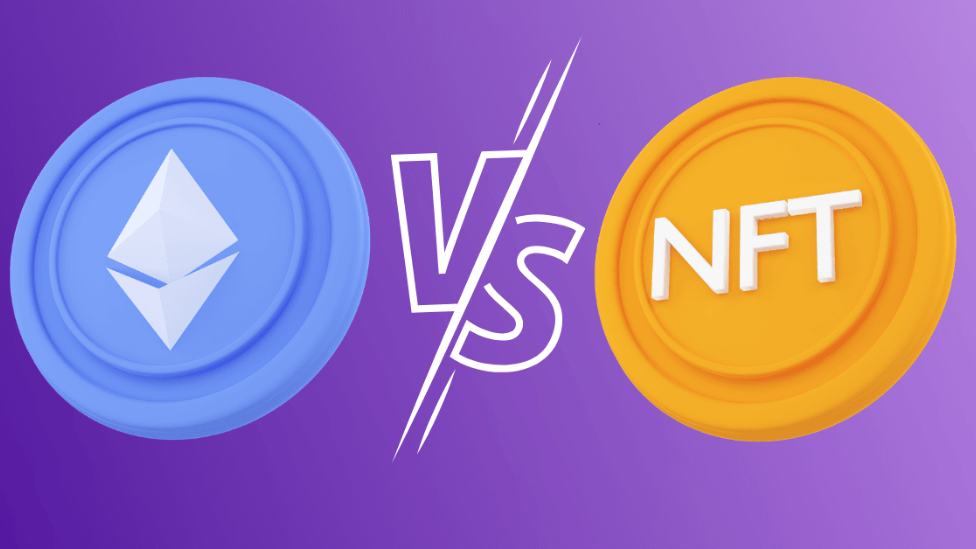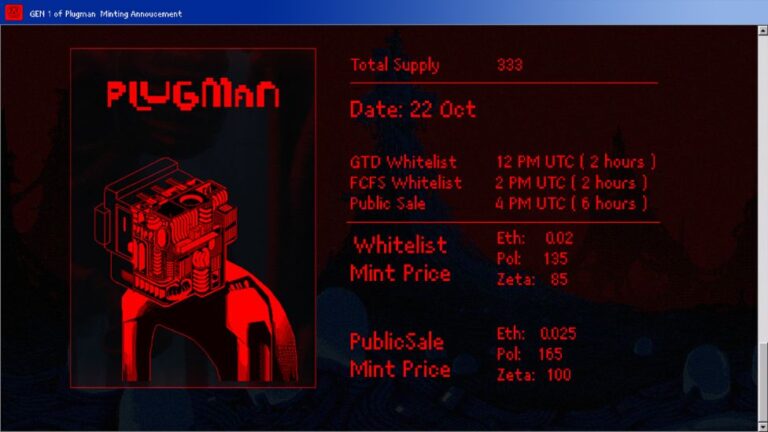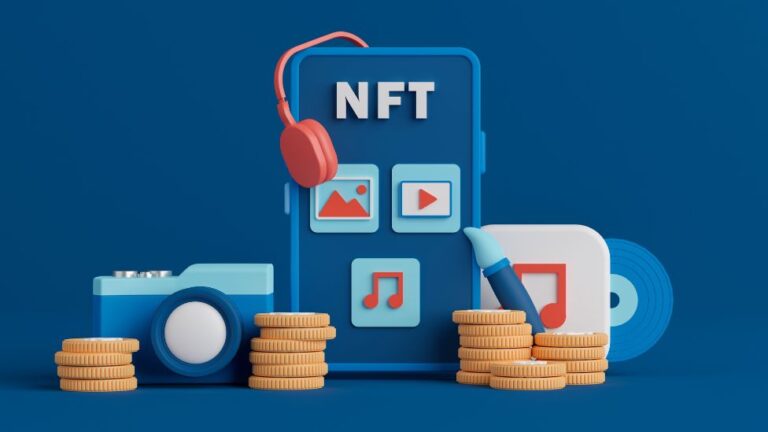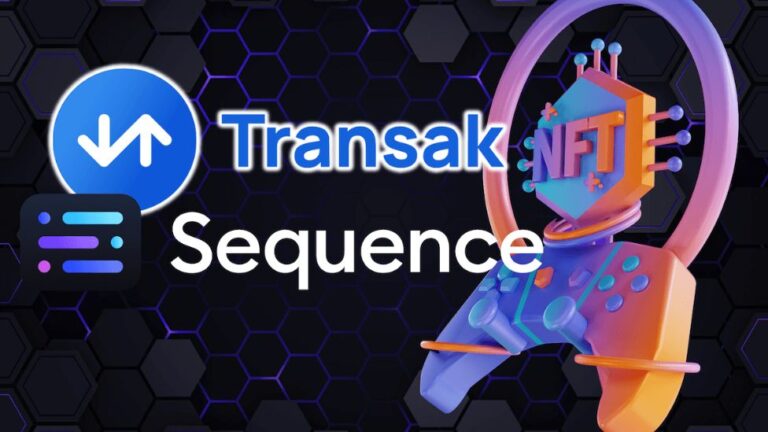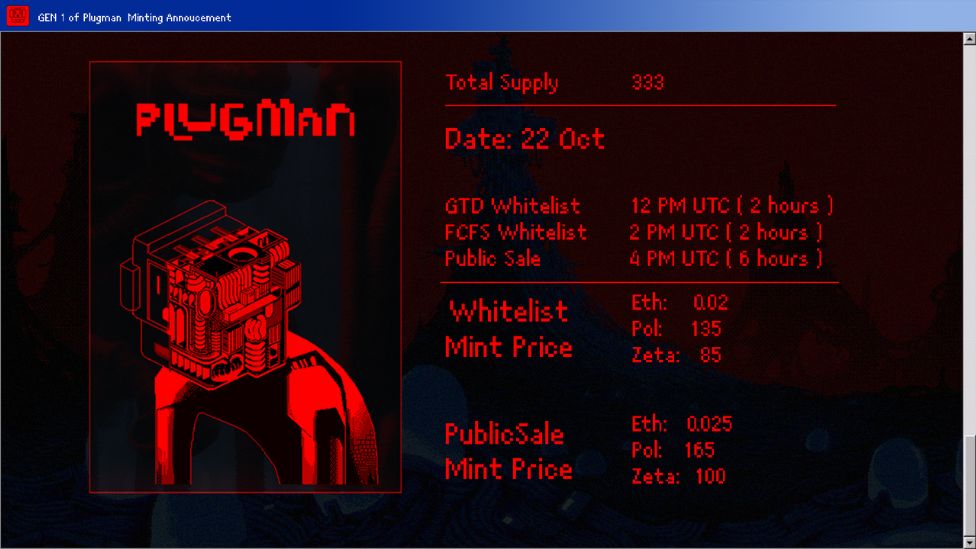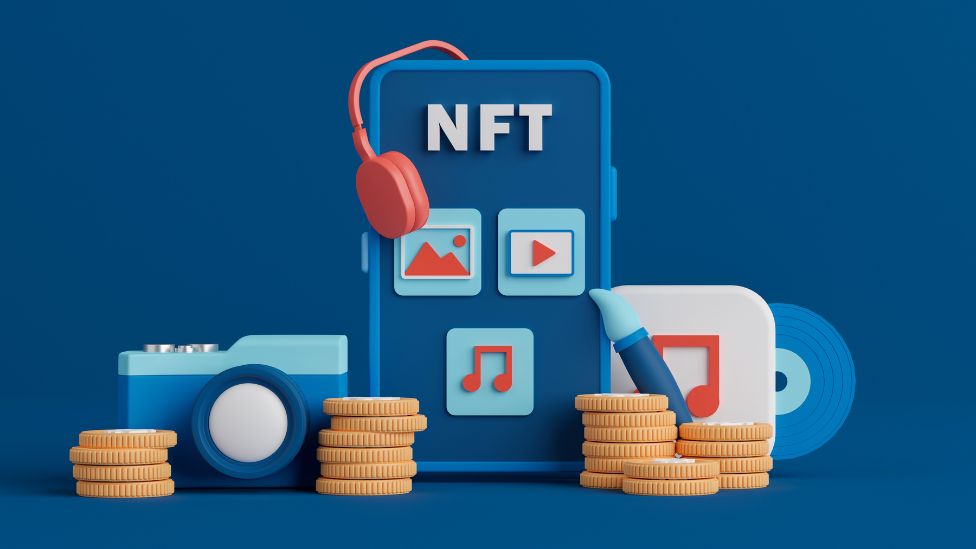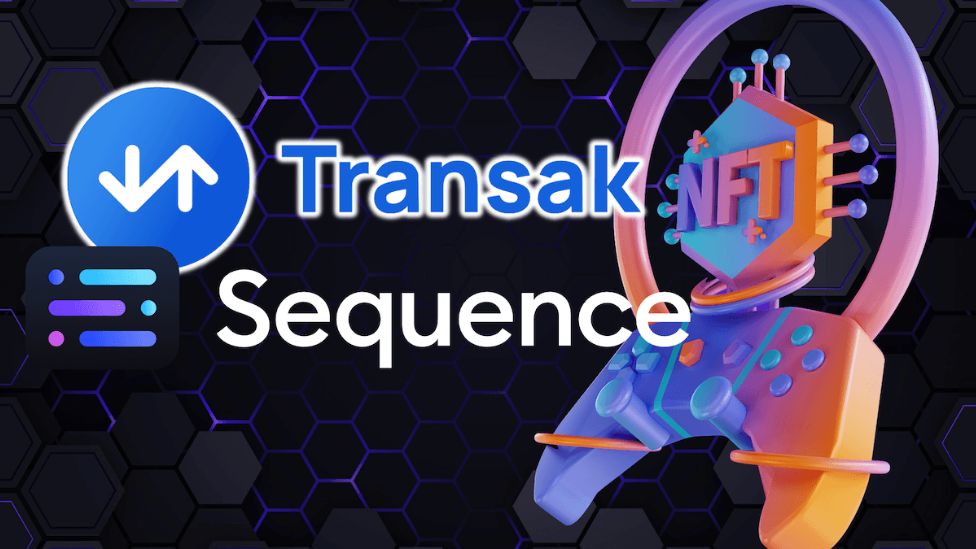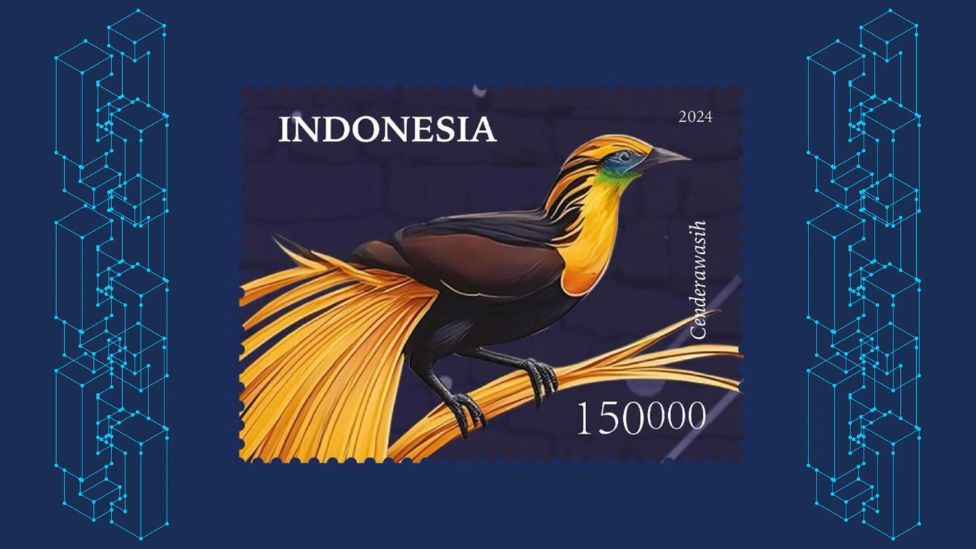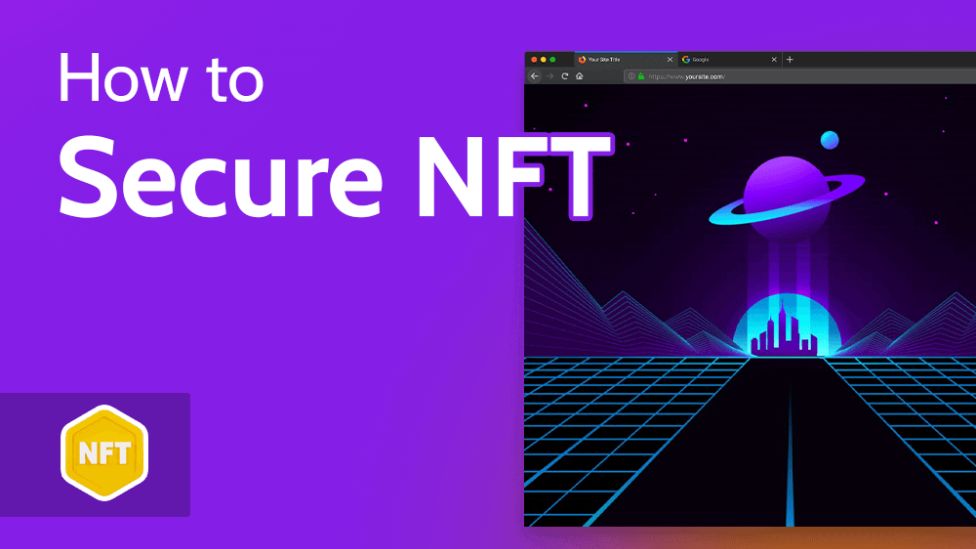If you’re a blockchain technology newbie, you may encounter several technical terms and conversations. Recently, there have been many debates on fungible vs non-fungible tokens that may confuse a layperson. This brief guide clearly examines the main differences between fungible and non-fungible tokens. Find out more in detail.
What are tokens?
In the crypto scene, tokens represent any physical or non-physical entity that holds value and can be used to address a wide range of functions. They are typically used for supporting blockchain applications, storing value, and giving users voting rights on the block. In addition, tokens are not the same as coins. Different types of tokens include utility, governance, transactional and security tokens.
For instance, utility tokens mainly work for blockchain-based goods and services. Security tokens, on the other hand, represent digital assets like stocks and bonds, which can be traced on a blockchain. Meanwhile, depending on the features and potential use cases, a token may be fungible or non-fungible.
Fungible VS Non-fungible tokens: Comparison and Key differences
Before we address the comparisons of fungible vs non-fungible tokens, it is crucial to understand what precisely the term “fungible” means. In general economic terms, a fungible entity is any asset that can be exchanged with another asset of the same type and value. Bitcoin and Ethereum are well-known examples of fungible tokens in the crypto world.
For instance, 1 bitcoin is worth the same value as another bitcoin regardless of wherever it’s issued. Meanwhile, Non-fungible tokens, popularly called NFTs, are unique variants with no inherent value. They cannot be interchanged with other tokens and only derive value from the goods they represent.
The following features highlight the key differences between fungible and non-fungible tokens:
Interchangeability: Fungible tokens are similar to fiat currencies and are interchangeable from one owner to another without losing their value. However, NFTs represent unique assets and cannot be interchanged with other variants.
Token Standards: Most tokens use smart contracts, and developers must decide the best structures to enable token transactions. Fungible tokens use ERC-20, while non-fungible tokens use ERC-721. These specific standards offer users a quality experience in storing and trading tokens.
Value Transfer: For fungible tokens, the value transfer is determined by the number of tokens a person has. But NFTs have an inherent value which can help determine value transfer.
Divisibility: Fungible tokens are identical to fiat currencies in relation to their divisibility. They can be divided into smaller bits which prove helpful in paying off large sums. NFTs, on the other hand, exist permanently on a blockchain. They aren’t divisible and retain their value in a single entity.
Conclusion
Ultimately, the rising conversation around fungible and non-fungible tokens contributes to advancements in the blockchain ecosystem. By understanding the relationship between these two terms, users have more context for asset tokenization in the blockchain. Users also have more information on the type of tokens to invest in.

